
Dr. Connie Reimers-Hild
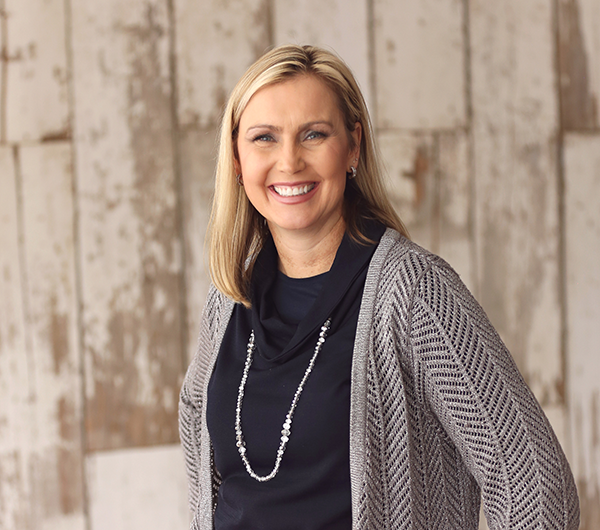
Dr. Connie Reimers-Hild, Wild Innovation's Founder and Chief Futurist, is on a mission to help leaders and organizations thrive in the future. How? By adding more fun and fulfillment in the present moment.
A unique combination of award-winning, empirical research and practical experience enabled Dr. Connie to develop keynotes, workshops, publications and coaching resources designed to foster a purpose-driven, strengths-based entrepreneurial spirit in individuals, teams and organizations with an emphasis on future-focused leadership. Dr. Connie has taught and coached more than 30,000 people around the world. She has authored or co-authored 55 publications, 10 workbooks, six videos, eight coaching tools, three books, one book chapter and a blog (AskDrConnie.com) over the course of her career. Clients range from rural hospitals in Nebraska, Colorado and California to remote villages in Nigeria and global organizations like Lockheed Martin.
Prior to launching Wild Innovation as a full-time venture, Dr. Connie Served as the Executive Director (Interim) and Chief Futurist for the Rural Futures Institute at the University of Nebraska where she hosted the Rural Futures podcast: https://ruralfutures.nebraska.edu/podcast/ and published an invited journal article, Strategic foresight, leadership, and the future of rural healthcare staffing in the United States https://www.ncbi.nlm.nih.gov/pmc/articles/PMC5916469/, which was the first of its kind published in the Journal of the American Academy of Physician Assistants (JAAPA).
Dr. Connie is a Certified Futurist, Professional Coach and Gallup Strengths Coach with a doctorate in Human Sciences and Leadership Studies. She loves firewalking, snow sledding, swimming with sharks and spending time with her family.
Dr. Verity Rodrigues
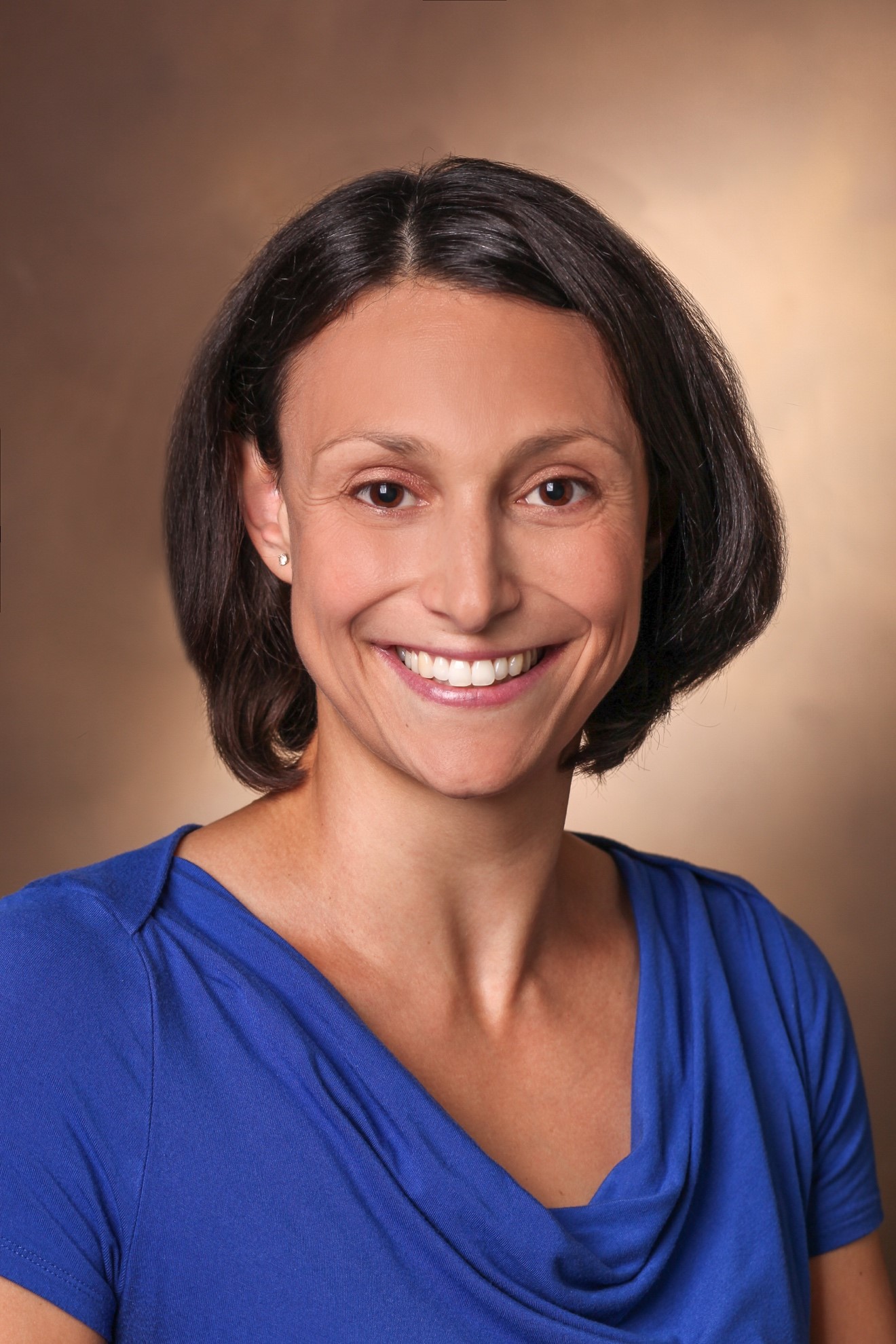
Dr. Rodrigues received her master's degree in special education and her doctorate in school psychology, both from the University of Oregon, where she focused on systems-change efforts within schools and the scaling-up of multi-tiered systems of support for academics, behavior, and social-emotional learning. Dr. Rodrigues continued her systems work as a school psychologist, and then as a district-services coach for the Northern Suburban Special Education District (NSSED), a special education cooperative that serves 18 member school districts on the Northshore of Chicago. In this role, Dr. Rodrigues provided coaching to educators to support the emotional, behavioral, and academic needs of students with autism spectrum disorders and other related disabilities. Currently, Dr. Rodrigues works as a school and licensed clinical psychologist at the Treatment and Research Institute for Autism Spectrum Disorders (TRIAD) within the Vanderbilt Kennedy Center, where she works across TRIAD's school-based professional development team and conducts clinic-based work within the Division of Developmental Medicine in the Department of Pediatrics at Vanderbilt University Medical Center. Much of her efforts across school and clinical settings focus on mental health and autism. As such, she is either working with educators to help them better understand the signs, symptoms, and opportunities for support of individuals with disabilities and comorbid mental health concerns, or she is working directly with children and families with disabilities and/or mental health concerns. Dr. Rodrigues also serves as an advisory board member on the Mental Health and Developmental Disabilities National Training Center.
Dr. Andrea Witwer
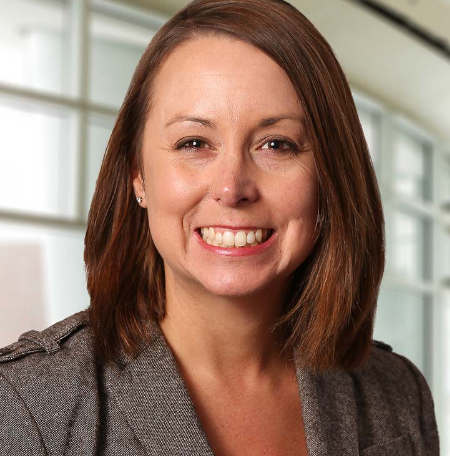
Dr. Witwer is an Associate Professor in the Departments of Psychiatry and Behavioral Health and Psychology at The Ohio State University and is the Director of Training for the Nisonger Center, University Center of Excellence in Developmental Disabilities. Dr. Witwer has extensive experience providing interdisciplinary clinical services and conducting research in the field of intellectual and developmental disability (IDD). Dr. Witwer has published research related to co-occurring emotional, behavioral and psychiatric disorders in those with autism spectrum disorders and other developmental disabilities as well as assessment of autism spectrum disorders. She is currently an investigator on the Nisonger Center Rehabilitation and Research Training Center on Health and Function for People with Intellectual and Developmental disabilities. The goal of her project is to identify promising practices in the treatment of psychiatric disorders in individuals with intellectual disability and to provide a research framework for future research in this area. Clinically, Dr. Witwer is the lead psychologist of the interdisciplinary training clinics at the OSU Nisonger Center serving children, adolescents and young adults with a range of developmental disabilities including autism spectrum disorder.
She is also a faculty member of the Intellectual and Developmental Disability Psychology Doctorate Program at Ohio State University and the Associate Director of the Nisonger Center's Leadership Education in Neurodevelopmental and related Disabilities Training Program (LEND). Within these roles she provides ongoing interdisciplinary graduate training related to the assessment and treatment of individuals with intellectual and developmental disabilities.
Dr. Sachin Pavithran
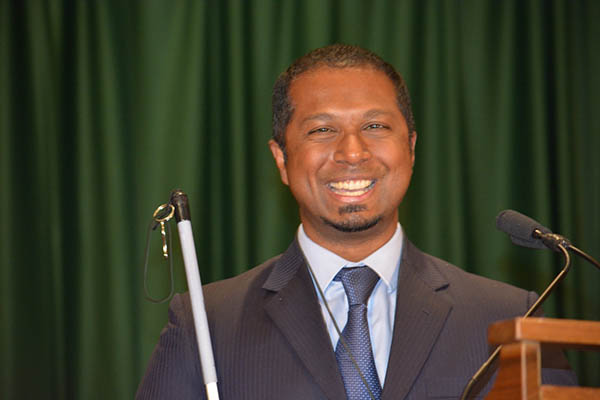
Dr. Pavithran was born in India, but grew up in Dubai which is in the United Arab Emirates. Sachin came to the United States at the age of 17 to start his college education at Utah State University. Sachin received his Masters in Vocational Rehabilitation Counseling and has a PhD in Disability Disciplines with an emphasis on Disability Policy from USU. Sachin is currently the Program Director of the Utah Assistive Technology Program (UATP) and the Director of Policy for the Center for Persons with Disabilities. He is also involved in working with legislators in the Federal and State Government to bring change in policies that have a direct impact on individuals with disabilities. He is strongly engaged in the dialogue about cultural diversity, inclusion of people with disabilities and LGBTQ to promote equality on a state and national level. He has served on various boards nationally such as, The Research and Development committee for the National Federation of the Blind, the Assistive Technology Act Programs national board, Association of University Centers on Disabilities national board, and Senator Hatch's Advisory committee for disability policy. He was appointed by President Obama to the U.S. Access Board where he chairs several rule making committees in this capacity. He was appointed to the US Commission on Civil Rights where he serves as a strong advocate for civil rights for all nationally. Sachin aspires to be in the fore-front of establishing and implementing national and international policy that impacts people with disabilities around the world.
Dr. Paul Carbone
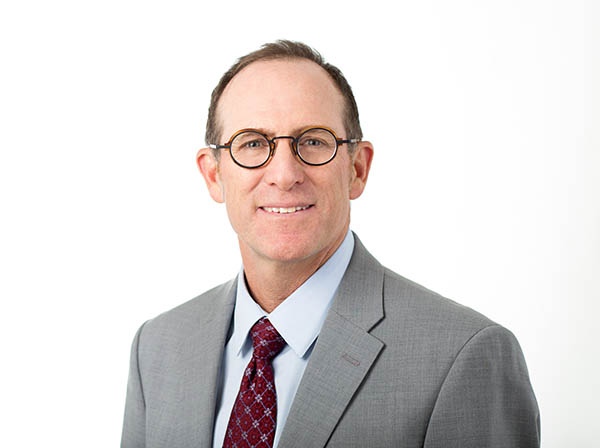
Dr. Carbone is a general pediatrician with an interest and experience in the area of autism spectrum disorder (ASD) and related developmental disabilities. He completed his residency in pediatrics at the University of California at San Diego in 1997. He joined the faculty of the University of Utah in 2006 and currently holds the position of Professor within the Department of Pediatrics.
As an academic pediatrician, Dr. Carbone works closely with families of children with disabilities. His clinical settings are varied and include the University's Child Development Program in Salt Lake City and the University of Utah Neurobehavior HOME Program, a lifespan clinic that provides comprehensive medical and mental health services for individuals with developmental disabilities.
Within the area of policy and advocacy, he is the current chairperson of the Council on Children with Disabilities Autism Subcommittee of the American Academy of Pediatrics. Within the area of education, he is a faculty member within the Utah Regional Leadership Education in Neurodevelopmental Disabilities (URLEND) Program.
Dr. Carbone has lectured extensively both locally and nationally around the topic of ASD. He delivered the keynote addresses at the Act Early Autism Summits sponsored by the Centers for Disease Control and Prevention and the Autism Speaks Annual Conference for Families and Professionals. He is a co-author of the book Autism Spectrum Disorder: What Every Parent Needs to Know, published by the American Academy of Pediatrics. His research interests are in the areas of health service utilization and primary medical care of children with ASD.
Dr. Patricia Aguayo
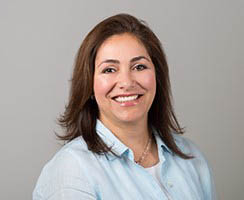
Patricia Aguayo, MD, MPH, Assistant Professor (Clinical), earned her medical degree at Universidad Anahuac in Mexico City, Mexico and a Master of Public Health degree at the University of Arizona in Tucson, AZ. She completed her Psychiatry residency at New York Medical College, where she served as chief resident and then went on to pursue a fellowship in Child and Adolescent Psychiatry at Yale University School of Medicine in New Haven, CT. During her last year there, she was the John E. Schowalter chief resident in Child and Adolescent Psychiatry. Dr. Aguayo is board certified in Psychiatry and Child and Adolescent Psychiatry by the ABPN. Before joining our faculty, she worked in Connecticut in both outpatient and inpatient settings focusing her practice on patients with Autism with challenging behaviors. Her interests include Autism spectrum disorders and related disabilities, and advocacy for children, young adults, and their families. Since November 2018, she has served as Medical Director of the University Neuropsychiatric Institute's Neurobehavior HOME and Autism Spectrum Disorder Clinics.
Dr. Logan Lyons
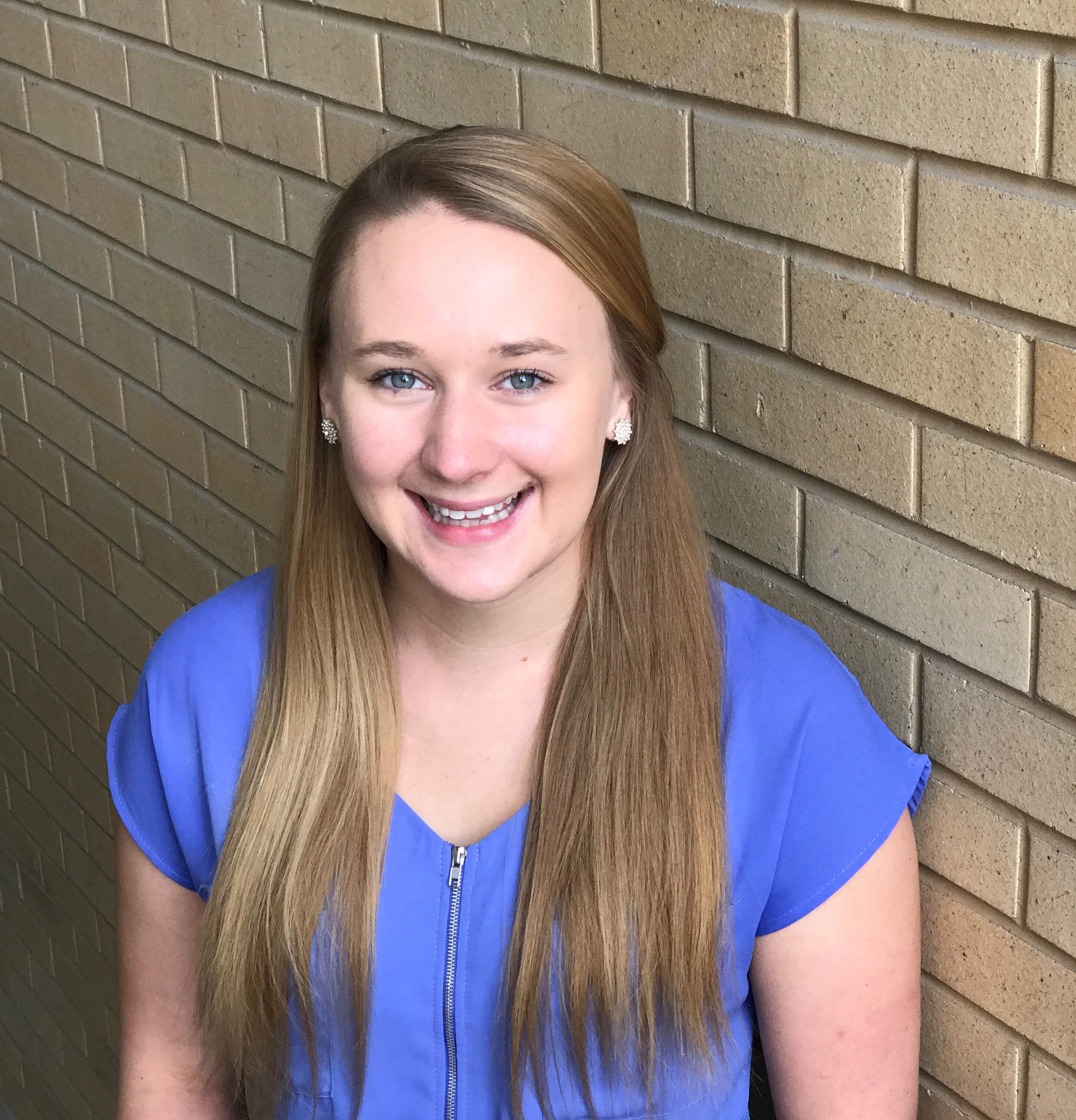
Dr. Lyons is a graduate and now adjunct faculty for the department of Human Development and Family Studies (HDFS) at Utah State University. Dr. Lyons was the graduate teacher of the year for the Emma Eccles Jones College of Education and Human Services and has published numerous peer-reviewed articles and book chapters on intercollegiate sports from a family systems perspective. While studying in the HDFS-based program at USU, she was concurrently studying sport and performance psychology, to become a sport psychology consultant within the intercollegiate setting. In line with this endeavor, she has spent the last five years intimately involved with Utah State athletics, serving as one of their in-house sport and performance psychology experts and team consultants. Specifically, Dr. Lyons collaborated closely with her mentor Dr. Richard Gordin, one of the leading sport psychology experts in the field to work with administrators and coaches to create student-athlete based curriculum to help future student athletes transition into, and ultimately out of, intercollegiate athletics. In this role she also worked with individual student-athletes to build aspects of their physical performance, as well as motivation and cohesion within the team. In recent months, she was hired to exclusively work with coaches and teams to enhance team cohesion and coaching leadership within the intercollegiate setting. Concurrent to this position she has experience working with teams across the country, at varying levels working to build team cohesion and to help coaches realize the potential in their athletes of all ages and abilities.
Dr. Karyn Harvey
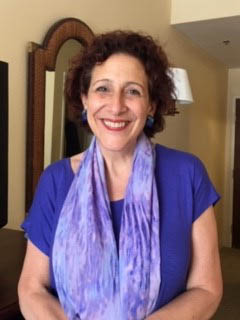
Karyn Harvey has worked as a clinician in the field of intellectual disabilities for over 30 years. She has a master's degree in Clinical psychology and a Ph.D. in Applied Developmental Psychology from the University of Maryland. She has published articles about therapeutic interventions with individuals with intellectual and developmental disabilities (IDD), workbooks for individuals with IDD and two books. Her first book, Positive Identity Development was published in 2009 and Trauma-Informed Behavioral Interventions, published in 2011. She is currently. Her third book, Trauma and Healing, is currently in press and will be released by the end of 2020. She is the director of programs and development and training for the Park Ave Group Clinic. She also consults with various state and individual agencies as well as trains staff, administrators and clinicians on trauma-informed care throughout the country. In 2016 she received the Earl Loschen Award from NADD for Excellence in Clinical Practice.
Dr. Michael Twohig
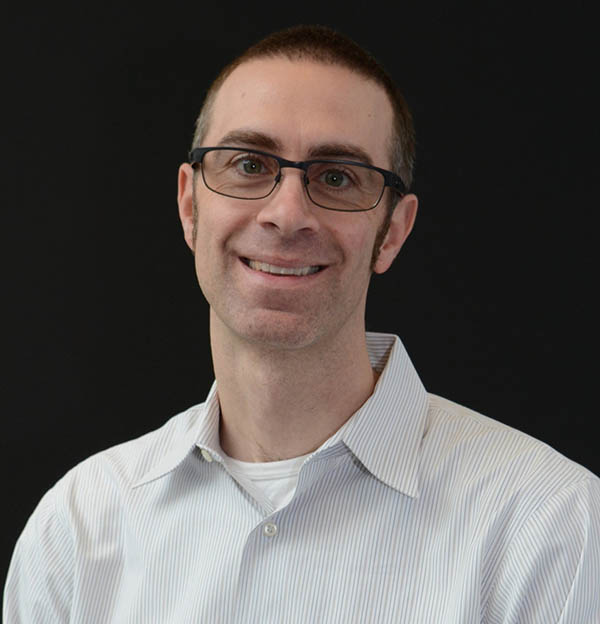
Michael P. Twohig, Ph.D. is a licensed psychologist in the state of Utah and a Professor of Psychology at Utah State University. He received his B.A. and M.S. from the University of Wisconsin-Milwaukee, his Ph.D. from the University of Nevada, Reno, and completed his clinical internship at the University of British Columbia Hospital. He is past-President of the Association of Contextual Behavioral Science, the organization most associated with Acceptance and Commitment Therapy (ACT). His research focuses on the use of ACT across a variety of clinical presentations with an emphasis on obsessive compulsive and related disorders. He has published over 100 peer-reviewed articles and two books: An ACT-Enhanced Behavior Therapy approach to the Treatment of Trichotillomania(with Woods) and ACT Verbatim for Depression and Anxiety (with Hayes). His research has been funded through multiple sources including the National Institute of Mental Health.
Dr. Matthew Wappett
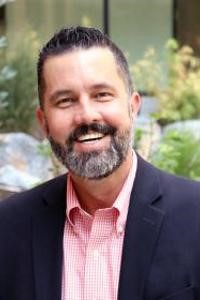
Dr. Matthew Wappett is the Executive Director of the Utah State University Center for Persons with Disabilities (UCEDD), with an affiliate appointment as a Research Associate Professor in the USU College of Education and Human Services. He was formerly the Co-Director of the University of Idaho Confucius Institute and had an affiliate faculty appointment as a Clinical Associate Professor in the Department of Sociology and Anthropology. Dr. Wappett has also served as the Associate Director of the UI Center on Disabilities and Human Development and had a faculty appointment in the UI College of Education. Dr. Wappett's background is in special education and disability studies; most of his research has been focused on creating inclusive environments to accommodate the needs of diverse populations.
Dr. Wappett also conducts research and writes about the effects of laughter in the classroom and genuinely enjoys teaching people how to laugh! He has been referred to by many as the "Laughter Doctor"! He has been a featured speaker at state and national conferences and training events. Dr. Wappett's teaching and research on creating inclusive learning environments has recently turned to the effects of environmental stress on learning and social interaction.
Dr. Wappett earned his Ph.D. in Special Education, an M.Ed. in Educational Studies, and a Bachelor of Arts in English from the University of Utah. Dr. Wappett has also attended Clinical Training for Mind Body Medicine through the Harvard Medical School. He completed his secondary teaching certification while pursuing his Master's degree at the University of Utah.